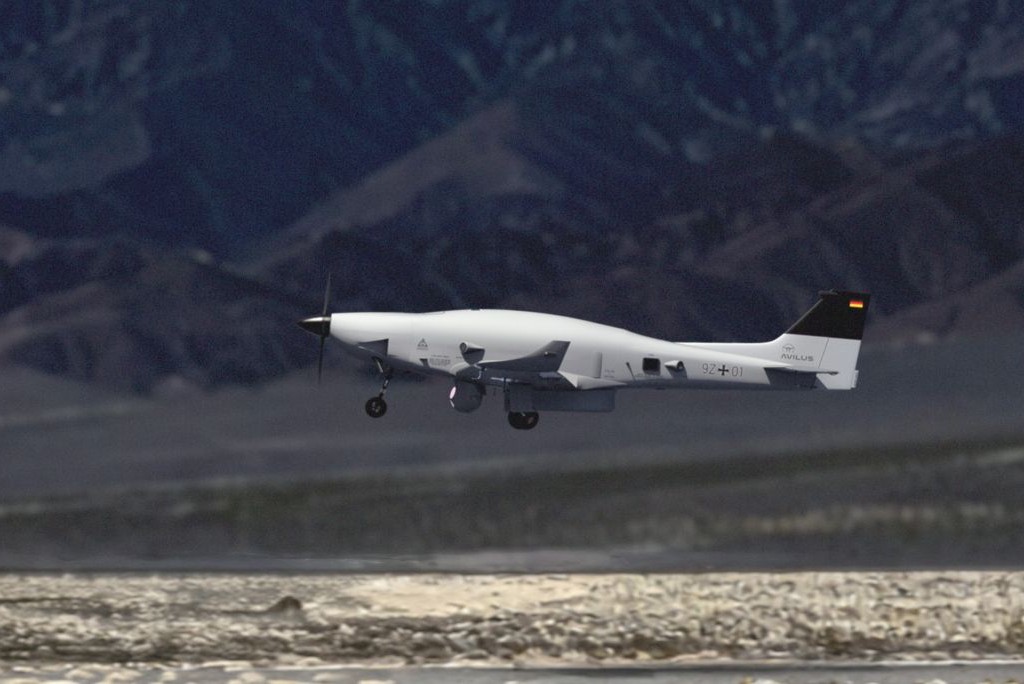Escalating Tensions: The Venezuela-U.S. Standoff
Overview of Current Dynamics
Tensions between Venezuela and the United States have markedly intensified, moving beyond mere rhetoric to tangible military posturing and potential conflict. The key uncertainties now revolve around the extent of U.S. military involvement, following threats and actual aggressive actions against Venezuelan drug trafficking operations.
Maduro’s Preparations for Confrontation
Venezuelan President Nicolás Maduro is strategically fortifying his administration’s position in anticipation of a possible escalation. On September 29, 2025, he enacted a decree augmenting his authority, signaling a readiness for heightened military engagement. Subsequently, he declared a potential “state of emergency,” emphasizing a “republic in arms” stance, which showcases Caracas’ commitment to national defense amidst perceived external threats.
- Military Drills: Recent military exercises in Venezuela have highlighted a commitment to readiness.
- Global Isolation: Despite international condemnation, Maduro maintains support from strategic partners, notably in Moscow and Beijing.
U.S. Military Posture
In response to the escalating situation, the U.S. has bolstered its military footprint in the Caribbean. This includes positioning warships, submarines, and aircraft capable of conducting surveillance and engagement operations against drug trafficking networks.
- Deployment Statistics:
- Nine U.S. Navy vessels, including three destroyers (USS Stockdale, USS Gravely, and USS Jason Dunham), operate in the Caribbean.
- The presence of approximately 4,500 Marines and sailors indicates a serious commitment to maintaining security operations in the region.
- Advanced Assets: The integration of F-35 fighters and MQ-9 drones allows for persistent aerial surveillance and rapid operational response capabilities.
Strategic Intent and Challenges
While the U.S. appears to be moving gradually toward a strategy that could involve regime change, it must tread carefully. A direct military engagement presents significant challenges:
- International Alliances: Maduro’s alliances with Russia and China add complexity to any U.S. intervention strategy. Both nations have a vested interest in countering U.S. influence in Latin America.
- Operational Risks: Any direct military action risks rallying support for Maduro both domestically and regionally.
Current U.S. Strategy
The U.S. approach is framed as enhanced counternarcotics operations rather than preparations for outright military intervention. Statements from U.S. Southern Command highlight collaborative efforts with allies, maintaining a narrative focused on humanitarian concerns rather than aggressive military posturing.
Key Components of the Strategy
- Coastal Policing: Enhanced efforts to disrupt drug trafficking operations while maintaining a visible military presence.
- Economic Sanctions: Sustained financial pressure on Venezuela’s oil sector through targeted sanctions aimed at crippling its economy while avoiding a larger energy crisis.
- Support for Opposition: Efforts may also include bolstering underground movements within Venezuela to increase pressure on Maduro’s regime.
Regional Implications
Most Latin American governments have adopted a neutral stance regarding the U.S.-Venezuela tensions. However, there are notable exceptions:
- Colombia: President Gustavo Petro has called for international accountability regarding U.S. strikes, framing them as potential violations of sovereignty.
- Guyana: In contrast, Guyana welcomes U.S. cooperation, primarily due to territorial disputes with Venezuela.
Global Reactions
China’s role as a primary buyer of Venezuelan oil complicates the situation, as sanctions disrupt these economic flows. Beijing has expressed its opposition to U.S. military actions, highlighting the potential for diplomatic fallout should U.S. operations escalate further.
Potential for Escalation
The likelihood of a severe incident remains, particularly if a U.S. or Venezuelan military personnel casualty occurs. Various factors may influence U.S. decisions, including:
- Severe evidence linking Venezuelan officials to narcotics trafficking.
- Growing regional support for more aggressive U.S. actions.
Conclusion
While the U.S. is focused on maintaining pressure through shows of force and economic sanctions, the specter of an outright military engagement remains. Domestic opposition to military involvement may temper U.S. actions, but evolving circumstances could shift Washington’s calculations. The situation in Venezuela represents a complex interplay of domestic governance, international alliances, and regional stability, demanding careful navigation to avoid unintended escalation.





